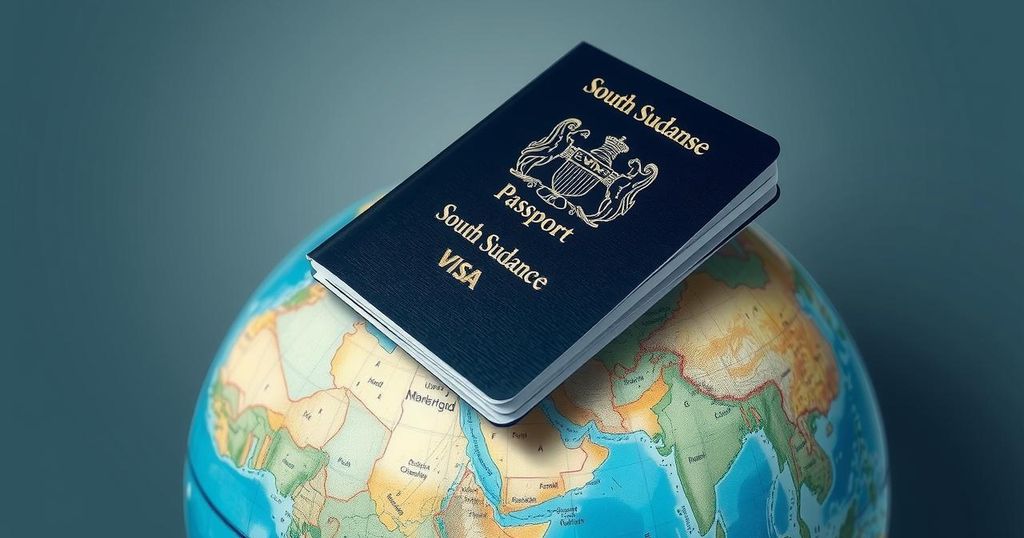Cuba has reconnected its national electrical grid, restoring power to much of Havana after a significant outage affecting 10 million people. The electricity was mostly restored by Sunday evening, although many residents still faced shortages. The ongoing energy crisis is attributed to aging infrastructure and geopolitical factors, prompting initiatives for solar energy development.
Cuba has successfully reconnected its national electrical grid, restoring power to a significant portion of Havana as of late Sunday. This restoration comes nearly two days after a widespread outage impacted approximately 10 million inhabitants of the island. Officials from Havana’s electric company reported that around two-thirds of their clientele had regained electricity, signaling further improvements throughout the night.
The power failure originated from a transmission line failure at a substation in Havana on Friday evening, which initiated a domino effect leading to the shutdown of power generation across the nation. This outage severely affected the capital, causing significant disruptions to commerce and daily life, particularly impacting restaurants and transportation systems.
By late Sunday, the grid operator announced that Cuba’s principal oil-fired power plants, Felton and Antonio Guiteras, had resumed operations, marking a crucial achievement in the restoration efforts. Furthermore, power was also reestablished in the westernmost Pinar del Rio province before nightfall on the same day, concluding the blackout.
The recent disruption represented Cuba’s fourth nationwide blackout since October, with corroborating struggles linked to the aging oil-fired power infrastructure. Diminished oil imports from Venezuela, Russia, and Mexico have intensified the crisis, which led to extensive daily blackouts prior to the latest incident.
Despite progress made during restoration, officials indicated that electricity generation remained at only one-third of the typical daily demand, leaving many residents without power. Additionally, educational institutions in Pinar del Río, Artemisa, and Mayabeque provinces will remain closed until Tuesday to ensure suitable conditions for students.
The Cuban government attributes the ongoing energy crisis to the longstanding U.S. trade embargo and recent sanctions imposed by the Trump administration. In response, measures are being taken to develop substantial solar energy initiatives with assistance from China, aiming to reduce reliance on outdated oil-fired technology.
In summary, Cuba’s electrical grid has been re-established, restoring power to many residents in Havana after a significant outage. The vacation and commercial life had been extensively disrupted, affecting millions. Continued reliance on outdated fuel sources presents ongoing challenges, prompting the government to explore new energy solutions, including solar energy projects in collaboration with China.
Original Source: gazette.com




